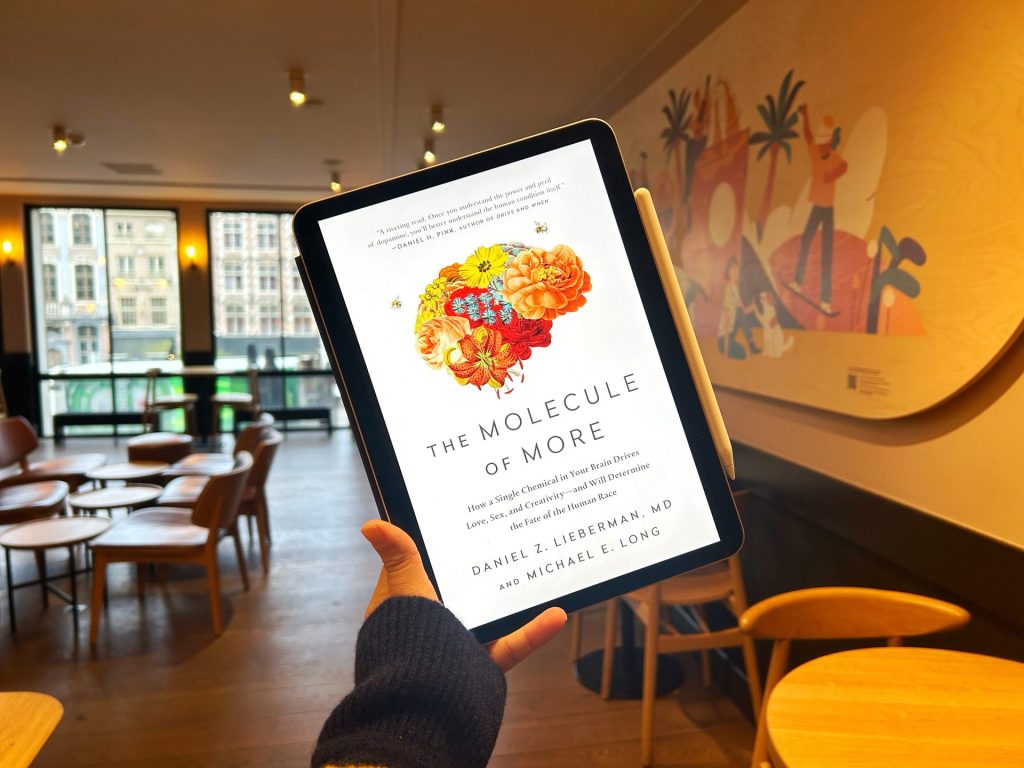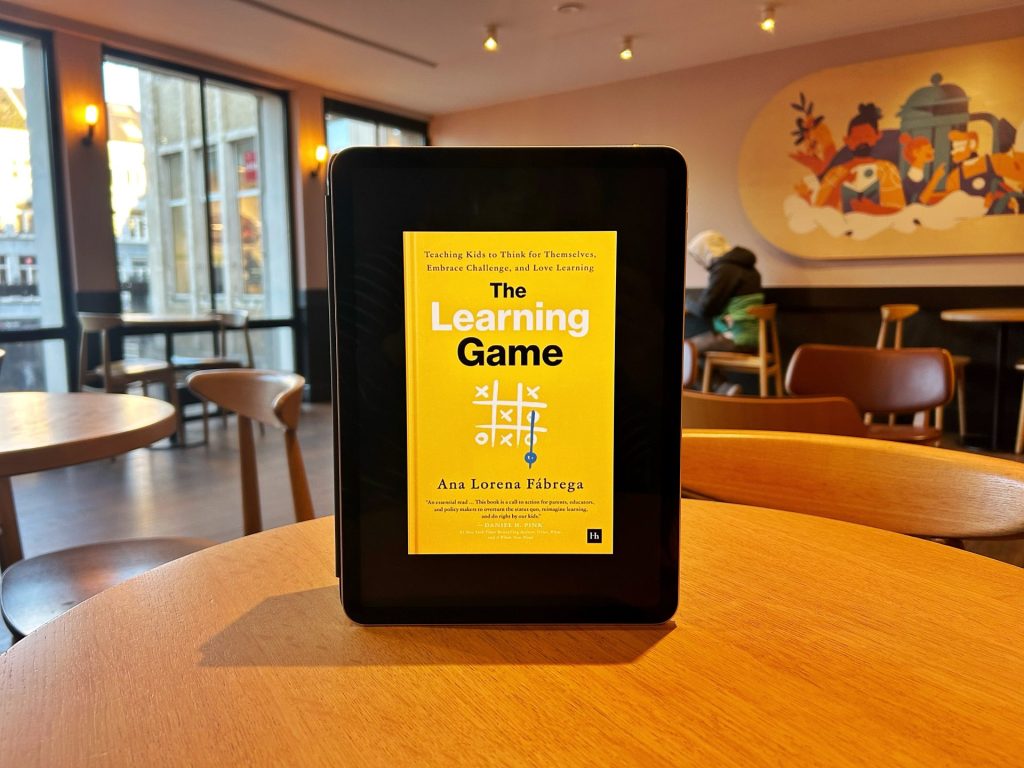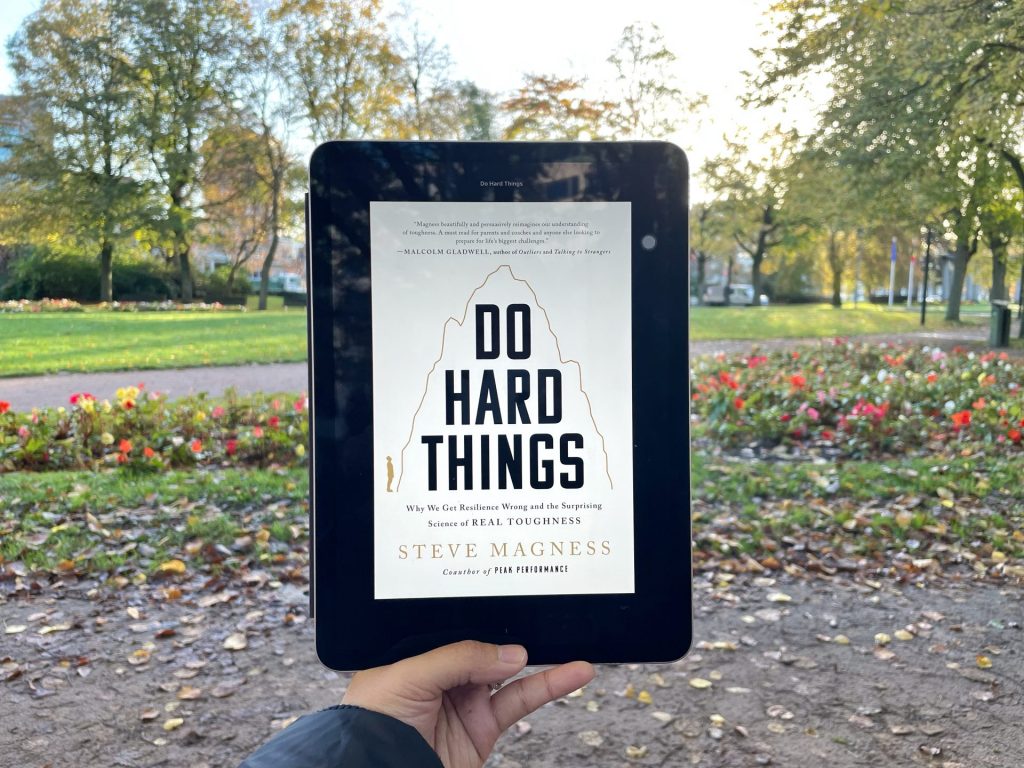The Lessons of History might be published decades ago, but its insights feel timeless. In just 100 pages, Will and Ariel Durant explore themes like human nature, war, progress, and society with a blend of wisdom and humility. It’s concise, reflective, and surprisingly relevant.
I was impressed by how the Durants approach history. They emphasize that our understanding of the past is always incomplete and influenced by biases, whether from historians, evidence, or even our own beliefs. That reminder to question what we think we know feels especially important today.
While the book has moments that feel specific to its time, like discussions about capitalism versus socialism, it’s precisely that context that adds to its value. It offers a glimpse into how historians interpreted their world and tried to draw lessons from history. Many of their thoughts, like the recurring patterns of human behavior and society, still hold true.
There are no unnecessary complexities of the writing style, just reflections on how little human nature has changed over the centuries. The Durants distill broad ideas into short, impactful chapters, and I found myself pausing to think about so many of their sentences.
History teaches us to stay curious and skeptical. It doesn’t give us all the answers but encourages us to reflect on how the past shapes the present. Despite its brevity, this book left me thinking about how patterns from history repeat in modern life.
This book is a great pick for anyone who enjoys thoughtful reflections and wide-reaching ideas. It weaves history into a reflection on humanity’s struggles, resilience, and uncomfortable truths.
Summary
Biology and History: Competition, Selection, and Survival
- History teaches us that life is inherently competitive. Trade thrives on competition, and life’s survival depends on it, whether peaceful when resources are plentiful or violent when scarcity strikes. Even cooperation, often seen as a virtuous act, is a strategy to strengthen groups in the larger struggle for dominance.
- Our tendencies toward greed and aggression stem from an ancestral past marked by survival struggles, such as hunting, gathering, and competing for limited resources.
- Survival also depends on selection. Nature favors individuals and groups best equipped to face challenges. Equality and freedom often clash because natural differences lead to varying abilities and outcomes. Attempts to create equality require sacrificing liberty, and even then, disparities resurface. The ideal balance lies in ensuring equal opportunity and justice while fostering the potential of diverse talents.
- Life’s continuity relies on reproduction. When populations outpace resources, nature restores balance through famine, disease, and war. However, advancements in industry and education could stabilize population growth by spreading access to contraception and raising living standards globally.
- Intelligence is shaped more by education and experience than genetics, reinforcing the importance of creating opportunities for learning and growth.
Character and History: A Balance of Conservatism and Innovation
- Progress thrives on a dynamic tension between tradition and change. Conservatives anchor societies with stability, while radicals push for innovation. This interplay creates a balanced strength, much like the resistance and support in nature or relationships.
Economics and History: Cycles of Wealth and Redistribution
- The accumulation of wealth is a natural cycle in history, often followed by redistribution, either through peaceful reform or upheaval. This cyclical rhythm resembles a heartbeat, sustaining the social organism over time.
Socialism and History: The Dance Between Freedom and Equality
- Capitalism and socialism have shaped each other, creating a balance between freedom and equality. While capitalism spurs innovation and productivity, the fear of its excesses drives efforts to promote social equity. The convergence of these systems may pave the way for a balanced future.
Government and History: The Fragility of Freedom
- Freedom flourishes only when regulated. Unchecked liberty leads to chaos, making governance essential for order and stability. Democracy, though demanding, requires widespread education and intelligence to function effectively. If wealth inequality or internal divisions go unaddressed, democracy risks succumbing to authoritarian rule.
History and War: An Unending Struggle
- War, driven by competition for resources and dominance, remains a constant in history. Civilization has not eradicated these instincts, but understanding their roots may help mitigate conflict.
Growth and Decay: The Cycles of Civilization
- History may repeat itself broadly due to the slow evolution of human nature. Societies often struggle with inequality as economies expand, leading to cultural divides. Secularization and the erosion of traditional moral codes further shape the trajectory of civilizations, yet death and decay remain natural and, at times, necessary.
Is Progress Real?
- Progress is neither linear nor universal. While advancements in science and technology have improved lives, they also bring challenges, such as weakened resilience and ethical dilemmas. The true measure of progress lies in the average individual’s ability to navigate and improve their life circumstances. Ultimately, history is a record of humanity’s collective journey, and it is up to us to find meaning and purpose within it.
My Favorite Bits
Man, not the earth, makes civilization.
Will and Ariel Durant, The Lessons of History
Science is neutral: it will kill for us as readily as it will heal, and will destroy for us more readily than it can build.
Will and Ariel Durant, The Lessons of History
We must not demand of progress that it should be continuous or universal. Obviously there are retrogressions, just as there are periods of failure, fatigue, and rest in a developing individual.
Will and Ariel Durant, The Lessons of History
Author: Will and Ariel Durant
Publication date: 1 January 1997
Number of pages: 119 pages





Leave a Reply